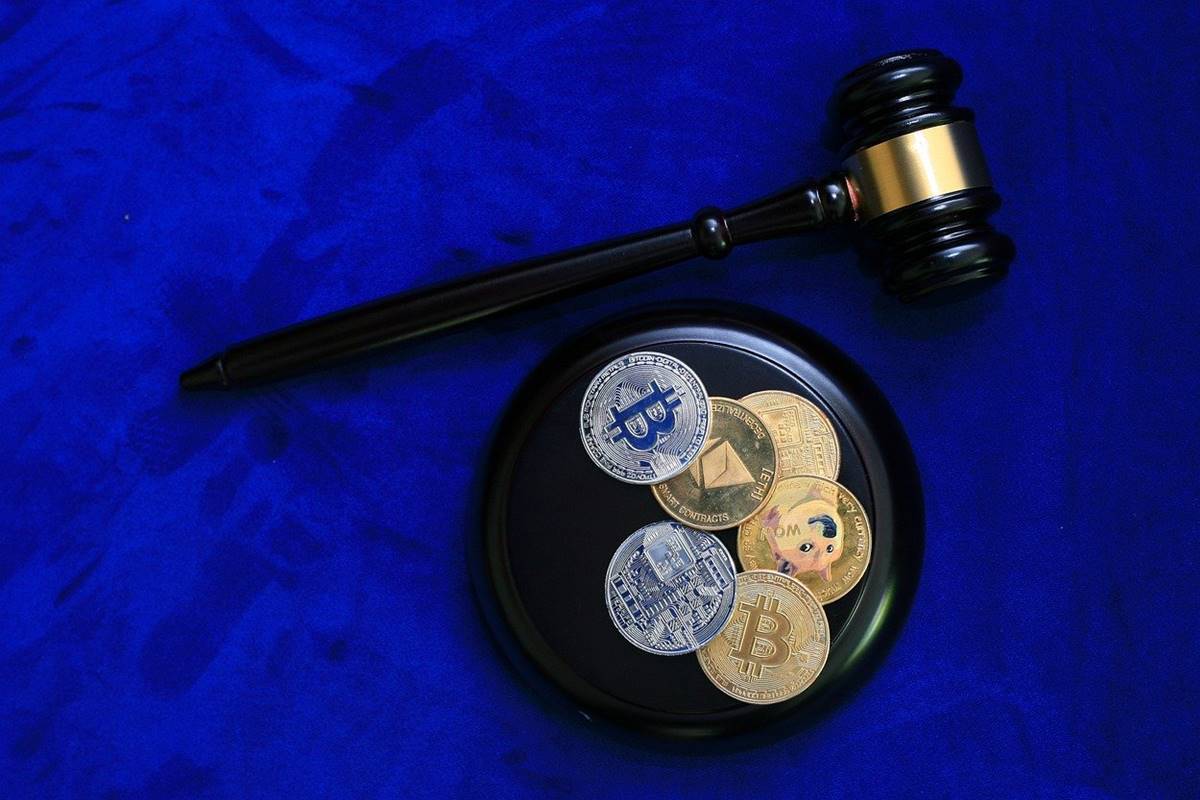 A cryptocurrency is a digital currency which is secured by cryptography, which makes it very difficult to counterfeit or double spend. It’s a form of digital asset established on a network that is circulated across a large number of computers. This decentralized structure permits them to be present outside the control of governments and central authorities.
A cryptocurrency is a digital currency which is secured by cryptography, which makes it very difficult to counterfeit or double spend. It’s a form of digital asset established on a network that is circulated across a large number of computers. This decentralized structure permits them to be present outside the control of governments and central authorities.
Cryptocurrency has gained popularity among people because with this they have found a unique way of transacting and storing value. As it is decentralized, it also cuts out most of the overhead costs, transaction costs are less expensive and that can be sent and received internationally.
Types of Cryptocurrencies
Below is the list of popular digital currencies by its total dollar value of coins in existence:
| Bitcoin | Ethereum |
| Cardano (ADA) | Binance Coin (BNB) |
| Tether | Solana |
| XRP | Dogecoin |
| Polkadot | USD (USDC) |
Working of Cryptocurrencies
It works similar to PayPal or a credit card, except that in this, one exchanges digital assets for any goods or services. For a transaction to happen with cryptocurrency, one must exchange currency using a digital wallet which is known as cryptocurrency wallet. This wallet is basically software which allows one to transfer funds from one account to another using password, known as private key. The transactions are recorded on public ledger showing transaction totals without revealing identities of parties involved.
To start trading in Crypto, one needs to set up an account and an individual can invest as little as Rs 100 to begin with.
Advantages of Cryptocurrencies
- It makes it easier to transfer funds directly between two parties with no third party like a bank or credit card company.
- The transfers are instead secured by the use of public keys and private keys or any different types of incentive systems like Proof of Work/Stake.
- Minimum processing fees, which allows users to avoid more fees charged by banks or any other financial institutions for any transfers.
Risks involving Cryptocurrency
- This is relatively new in the market and hence it is little volatile.
- Since it doesn’t need any banks or any third party to interfere in between, they ought to be uninsured.
- They are hard to cover into tangible currency.
- It has a risk of being hacked like any other intangible technology asset, since its technology based intangible assets.
- Risk of losing one’s entire cryptocurrency investment, if one loses one’s digital wallet.
Central Bank Digital Currency (CBDC)
Cryptocurrency is not always the private digital assets like Bitcoin, Ether or Solana, it’s basically any form of virtual transferable currency secured using cryptography, usually using a block chain or any encrypted ledger which records all transactions made comes under the umbrella of Cryptocurrencies. This also includes Central Bank Digital Currencies (CBDCs).
Major countries such as China, Uruguay, South Korea, Sweden, the US and now India are all at different levels of launching their own CBDCs using block chain technology.
Analysis of new Crypto Bill
The Government of India has listed its new crypto bill, The Cryptocurrency and Regulation of Official Digital Currency Bill, 2021 on the agenda of upcoming Winter Session of Parliament which will be commencing on November 29th.
Government states that the bill will aim to create a facilitative framework for the creation of an official virtual currency which is to be issued by the Reserve Bank of India. This bill also aims to prohibit all private cryptocurrencies in our country, yet it allows for few exceptions for promotion of underlying technology of cryptocurrencies and its uses.
The reference which the government has made, to prohibit all private cryptocurrencies has caused confusion and panic in crypto markets. According to professionals, it could mean either of three things i.e. prohibiting all cryptocurrencies which aren’t controlled by the government or just the privacy coins (which offers anonymous transactions and helps to hide a user’s wallet balance and address) or it could be in reference with cryptocurrencies not being deemed as “currencies”. However, government has not used the word ‘ban’, it states that there will be few exceptions which has not been defined yet.
The other interpretation can be that technically everything which is not issued by the government can be called private tokens as they are not backed by real money. They are basically coins of Blockchain which are backed by real dollars. Other inference can be drawn as government stance could be that they might not consider cryptocurrency as ‘currencies’ i.e. they might not give them the status of currencies instead like taking inspiration from other democratic countries cryptocurrency might get the status of ‘assets’. This will mean that it will be monitored thoroughly for security concerns with the intention of protecting investors as well as preventing illicit usage.
The main purpose or philosophy of cryptocurrencies is it should be decentralized, which will mean no single entity will have any control over its supply. Decisions are taken with all parties with a stake in cryptocurrencies either through ownership or governance tokens, voting on major decisions. Centralized coins also does exist like XRP, NEO and EOS, which means that control of power is concentrated with just one organisation or with set of limited individuals.
Conclusion
If government’s new Crypto bill’s interpretation of ‘private currency’ is limited to cryptocurrencies on permissioned blockchain which are managed by private entities like Facebook or privacy coins which are powered by private and anonymous blockchain like DASH, Zcash, Monero etc then the effect of proposed prohibition will be less/minimal and then it will be very unlikely to disrupt the existing market scape.
Once the crypto bill discussion starts at the parliament session, only then stakeholders would be clear of what government means by ‘private’ cryptocurrencies. Nearly 15 million Indian retail investors which represents 1.8% of the population have invested over $6.6 billion in crypto assets – CrossTower.
Disclaimer: The whole contents of this document have been prepared on basis of relevant provisions and as per the information present at the time of its preparation. Though care has been taken to ensure the accuracy and reliability of the information provided. Users of this information are expected to refer to the relevant existing provisions of applicable Laws as on a particular date. I assume no responsibility for the consequences of the use of the contents of this Article.




